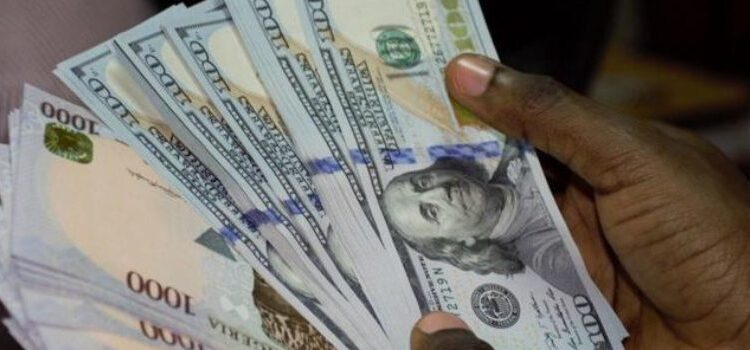Naira Hits Four-Year Low as Nigeria Central Bank Adjusts Rate
Nigeria’s central bank weakened the naira for the third time this year as the regulator struggles to stem demand for dollars amid lower than anticipated foreign-currency inflows.
The Abuja-based central bank adjusted the rate licensed bureau de change operators can sell the local currency to 392 naira per dollar from 386 naira previously, it said in a circular to dealers on Monday. Traders will purchase the U.S. currency at 390 naira from 384 naira, it said, adding that international money transfers will be exchanged at the banks at 388 naira per dollar from 382 naira.
The devaluation follows two others in March and July this year as Africa’s largest oil producer continues to contend with lower than budgeted crude prices along with the economic turmoil that followed the global coronavirus pandemic. Nigeria has seen a significant drop in foreign exchange inflows, with crude exports accounting for more that 90% of the country’s foreign-exchange earnings.
“Oil prices didn’t recover strongly as many had anticipated with the reopening of the economies,” Mosope Arubayi, chief economist at Lagos-based Vetiva Capital Management Ltd., said by phone. The depreciation “basically signifies some pressure on CBN right now,” she said.
The low greenback liquidity at the official exchange window, where the central bank maintains a largely inflexible rate, has increased demand in the parallel market where it is freely determined.
The naira traded at 500 versus the dollar on Monday, its lowest since Feb. 22, 2017, according to abokifx.com, a website that collates parallel market data. The rate is 22% weaker than the current official rate of 388.54 per dollar.



